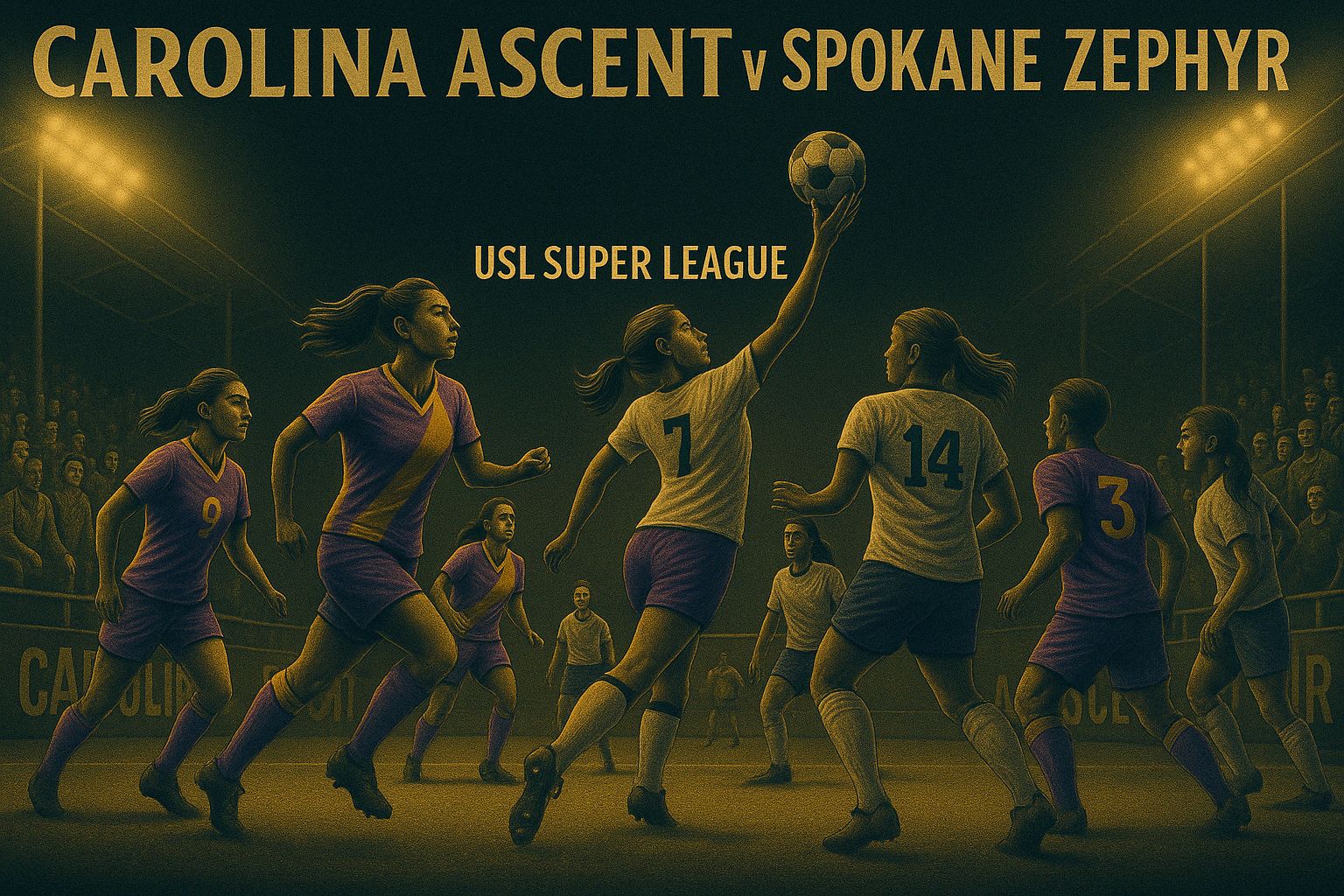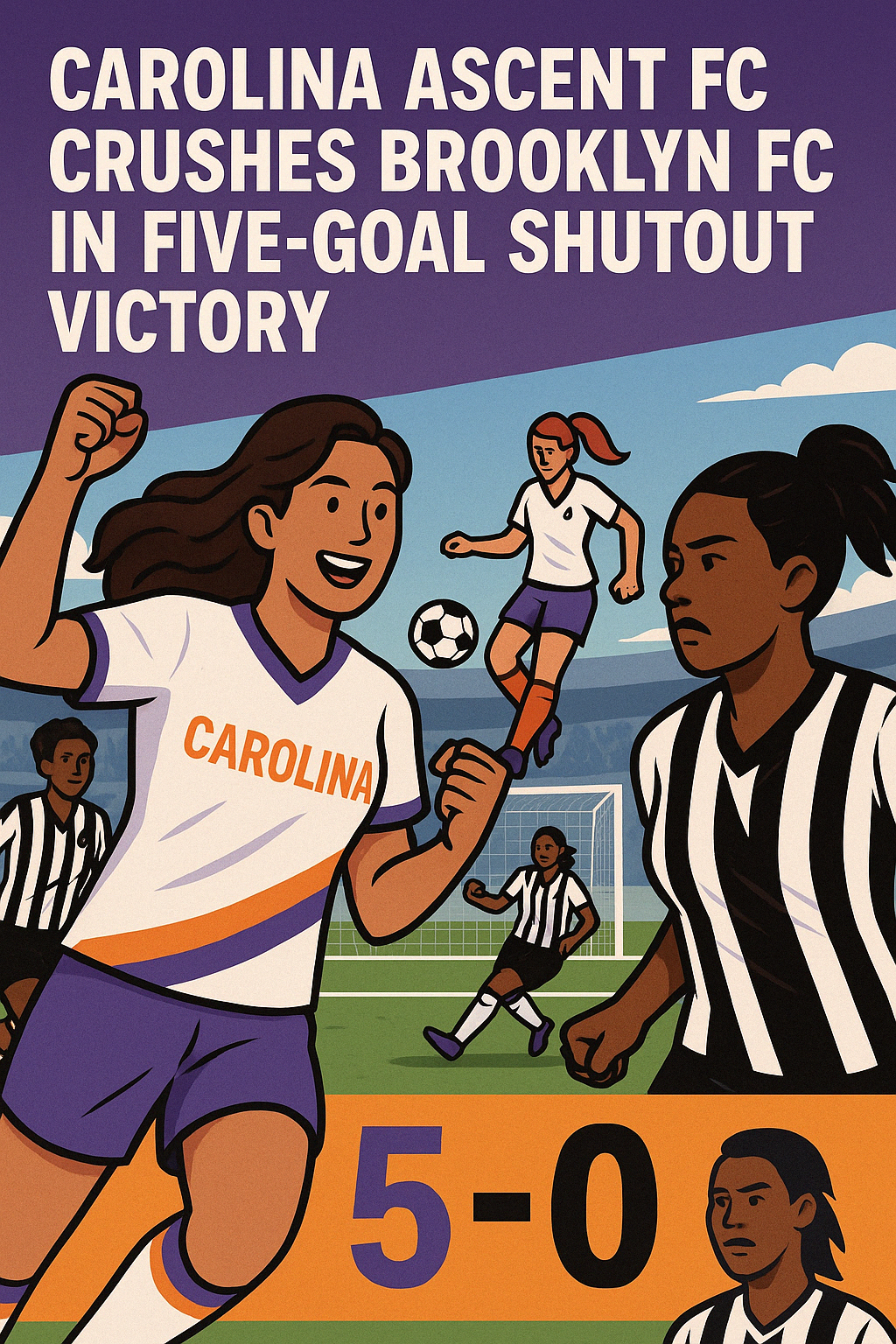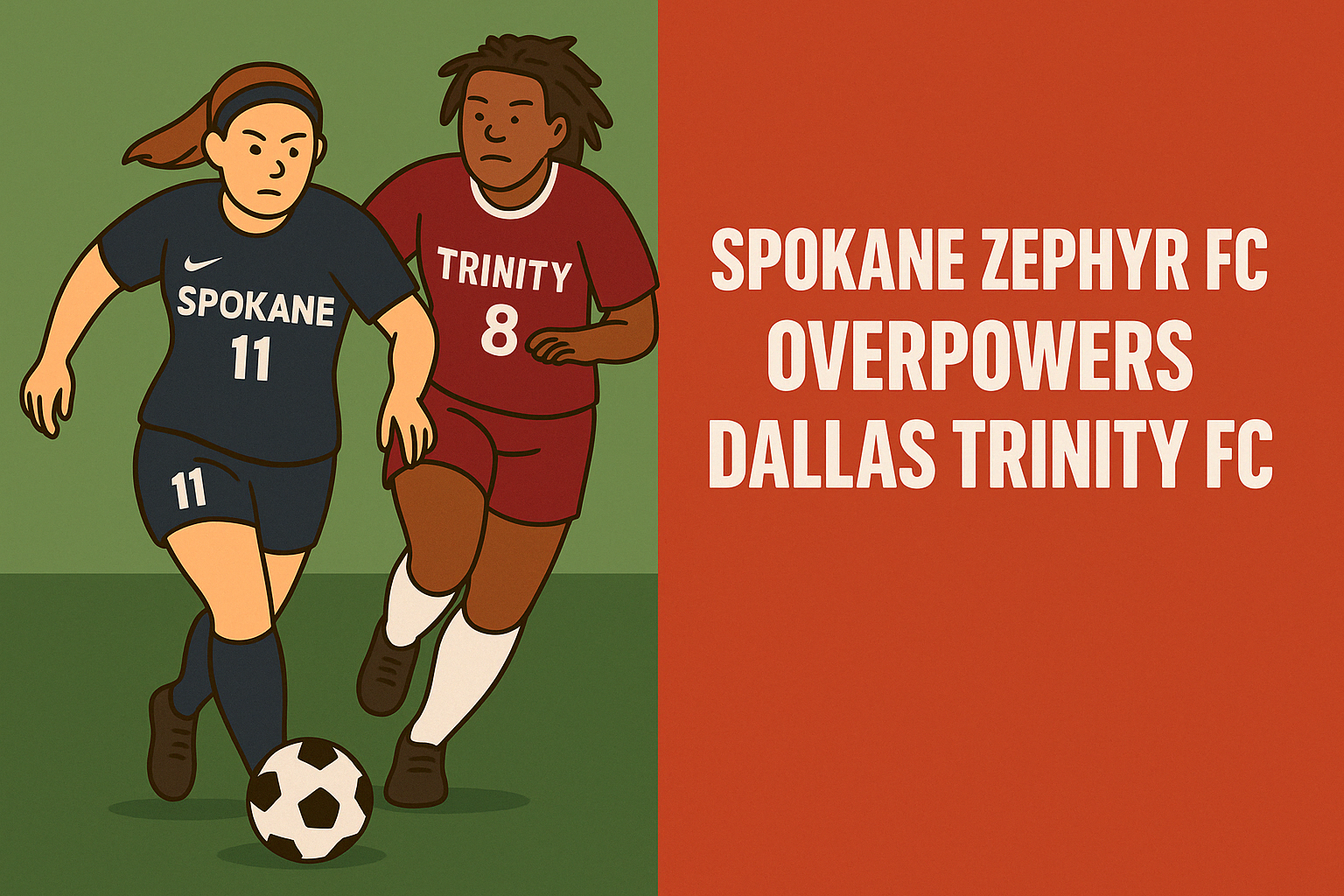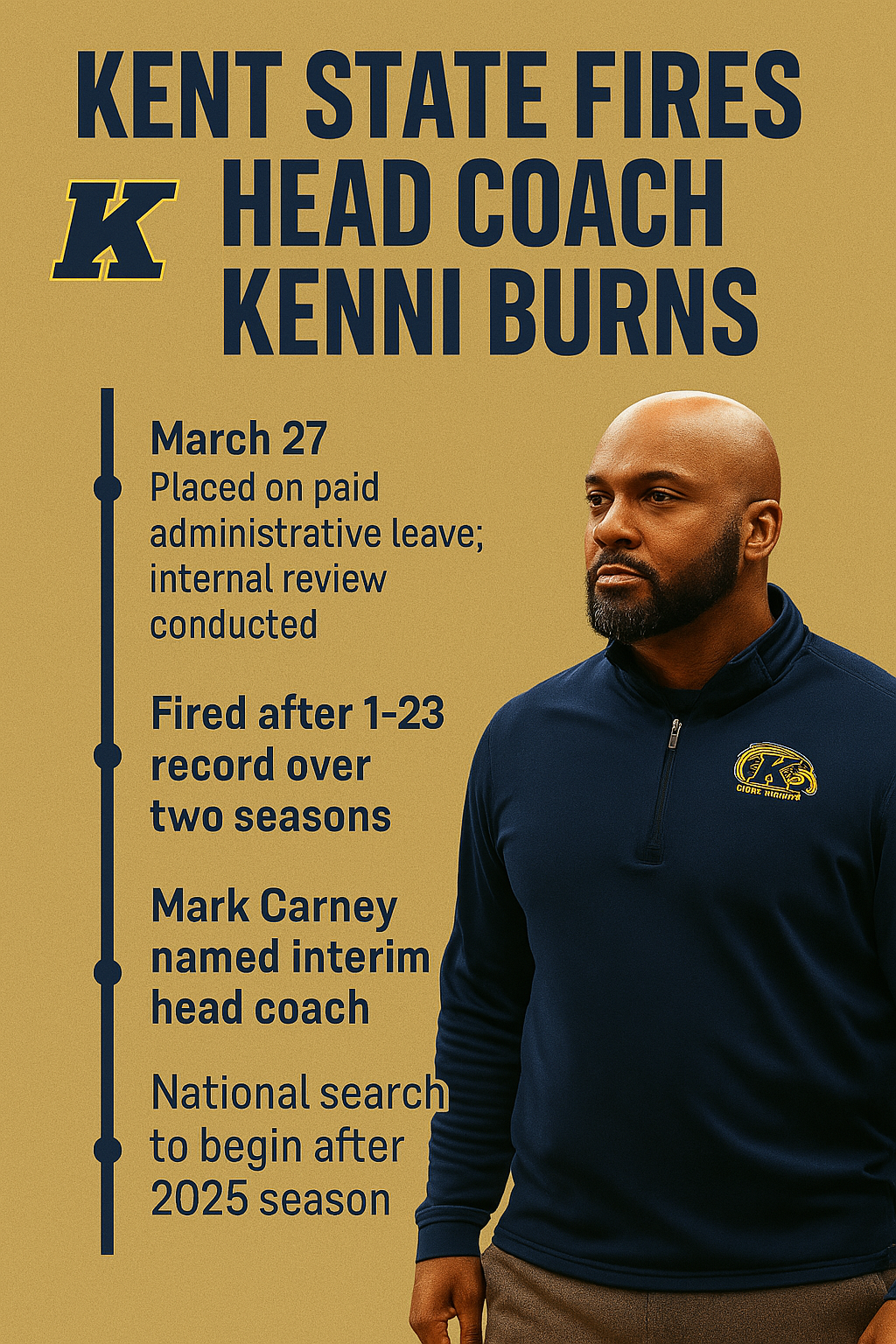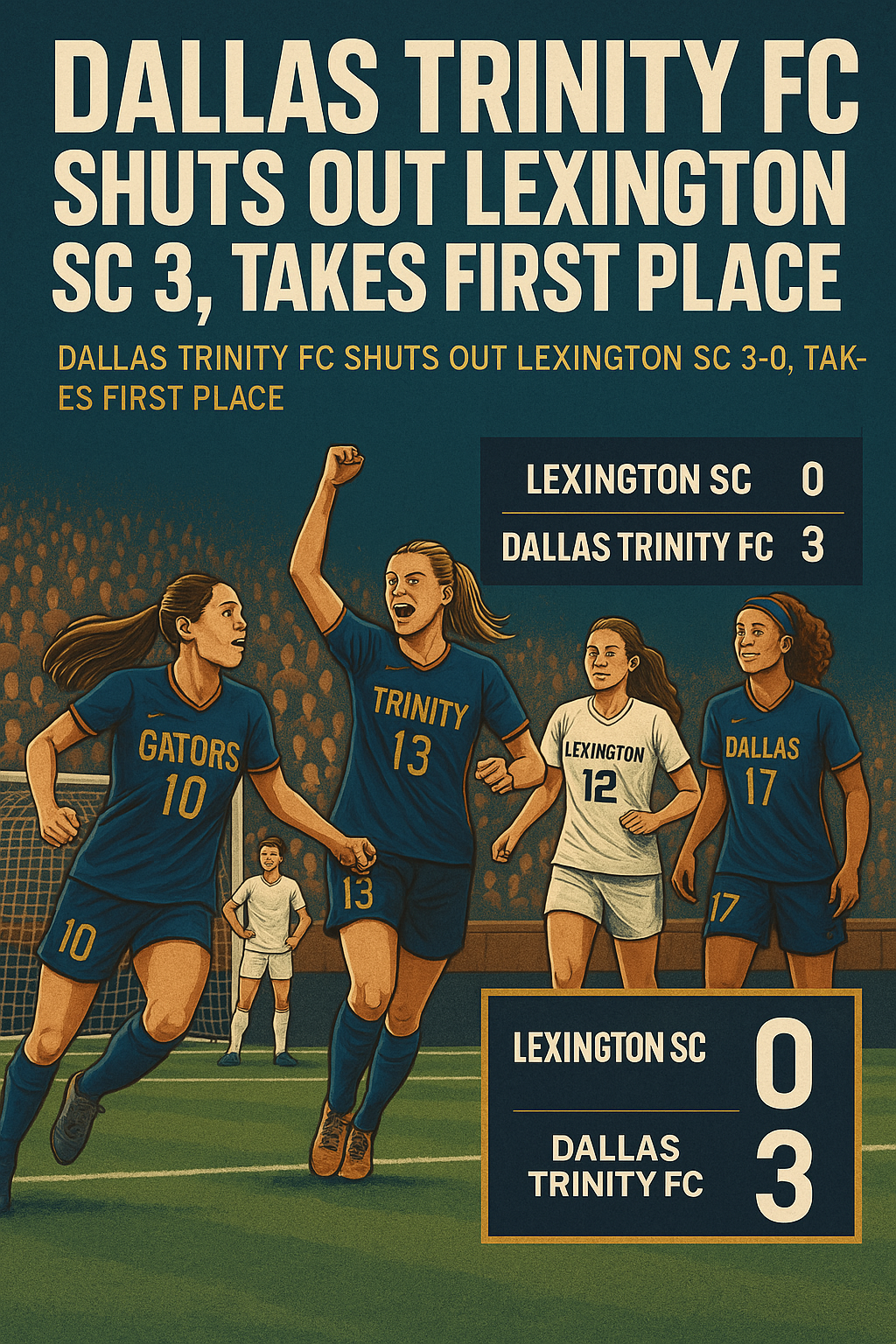San José State Volleyball Faces Controversy Amid Legal and Athletic Tensions
San José State University’s women’s volleyball team has found itself at the center of a national debate, legal action, and increasing tensions as the Mountain West Conference Championship approaches. Captain Brooke Slusser, joined by other current and former players, has filed a lawsuit against the university, its conference, and the NCAA, demanding the exclusion of a transgender player from the team.
The Core of the Lawsuit
Slusser’s lawsuit alleges that the inclusion of the transgender athlete violates Title IX, the federal law ensuring equality in education and sports. The legal action calls for a court-ordered injunction to remove the athlete from participating in the upcoming Mountain West Conference Championship. Additionally, the lawsuit raises concerns about safety, claiming the player’s physicality and performance capabilities exceed those of other athletes in the league, posing a potential risk of injury.
This legal move builds on a prior class-action lawsuit against the NCAA’s transgender athlete inclusion policies. Joining the lawsuit are former Spartan athletes Alyssa Sugai and Elle Patterson, alongside a coach, Melissa Batie-Smoose, who claims she was removed from her position after voicing support for her players’ concerns.
The lawsuit has drawn national attention, bringing in organizations and legal experts on both sides of the debate. For Slusser and her co-plaintiffs, the case is not only about the present situation but also about shaping the future of collegiate sports and ensuring equity for future generations.
Impact on the Team and Conference
San José State’s volleyball team has faced several forfeitures from opponents this season, with at least four Mountain West teams, including Nevada and Utah State, refusing to compete due to the player’s presence. While these forfeits have boosted the team’s conference record, they have added fuel to the controversy.
The Mountain West Conference, while adhering to NCAA eligibility standards, has reiterated its commitment to athlete welfare and fairness. However, these statements have done little to quell the tensions surrounding the team and its upcoming matches.
This controversy has created a challenging dynamic for the Mountain West Conference. Balancing compliance with NCAA policies and addressing the concerns of member schools has become increasingly difficult, particularly as other teams have threatened additional forfeitures. These developments could impact the legitimacy of the upcoming championship.
A Divisive Topic
The broader issue of transgender inclusion in women’s sports has drawn sharp lines in public opinion. Advocates for the inclusion of transgender athletes argue that adherence to medical guidelines, including testosterone suppression, levels the playing field. Critics, however, contend that inherent biological differences create unfair advantages.
The Independent Council on Women’s Sports, a group supporting the lawsuit, has further amplified the national conversation. The organization seeks clearer policies to ensure fairness while respecting individual rights, a balance that remains elusive.
In recent weeks, other universities and conferences have voiced their own challenges with similar issues, pointing to a growing need for comprehensive guidelines. The NCAA has faced mounting pressure to revisit its policies and provide clearer, more enforceable criteria to address the complex intersection of sports, gender, and legal rights.
Challenges Within the Locker Room
Reports indicate growing tension within San José State’s volleyball team. Some players have expressed concerns about their safety, while others worry about the impact of the controversy on team dynamics and morale. The university’s handling of the situation, including restrictions on team members speaking publicly about the issue, has drawn criticism from both sides.
The internal division within the team has been compounded by external scrutiny. Media attention and public commentary have placed additional stress on players, creating a challenging environment as they prepare for the postseason. For many team members, balancing their athletic responsibilities with the ongoing legal battle has proven to be emotionally taxing.
San José State has maintained that all its athletes meet NCAA eligibility standards, emphasizing that it prioritizes inclusivity and adherence to established policies. However, critics argue that the university’s stance has done little to address the concerns raised by its players and opponents, leaving unresolved questions about fairness and safety.
Looking Ahead
With the Mountain West Conference Championship set to begin on November 27, the spotlight remains firmly on San José State. The team, currently second in the conference standings, faces uncertainty about potential forfeitures in the tournament. Questions also linger over how the NCAA will handle the broader implications of this legal challenge as it navigates the increasingly contentious terrain of gender identity in sports.
The outcome of this legal and athletic battle could set significant precedents, not just for volleyball but for collegiate sports as a whole. The resolution will likely influence future policies and ignite further discussions about the intersection of athletics, gender, and legal equity.
As the championship approaches, the team will need to focus on their performance while navigating the controversy surrounding them. Their ability to maintain composure on the court amid the off-court distractions will be critical in determining their postseason success. For the players and coaching staff, these moments will define not only their season but also their legacy in a sport undergoing significant transformation.
